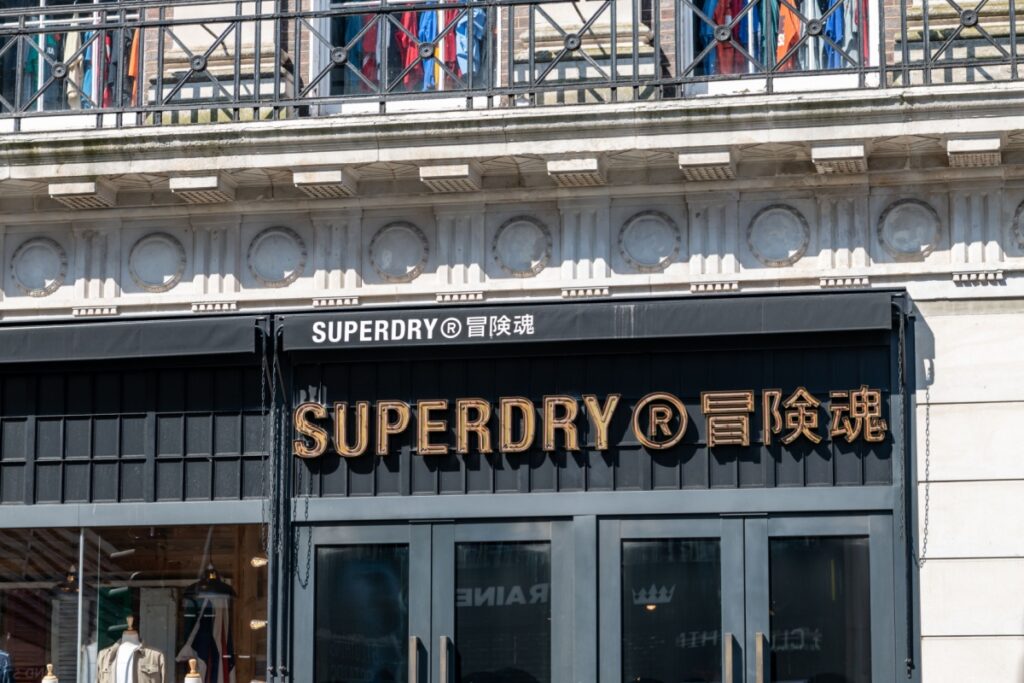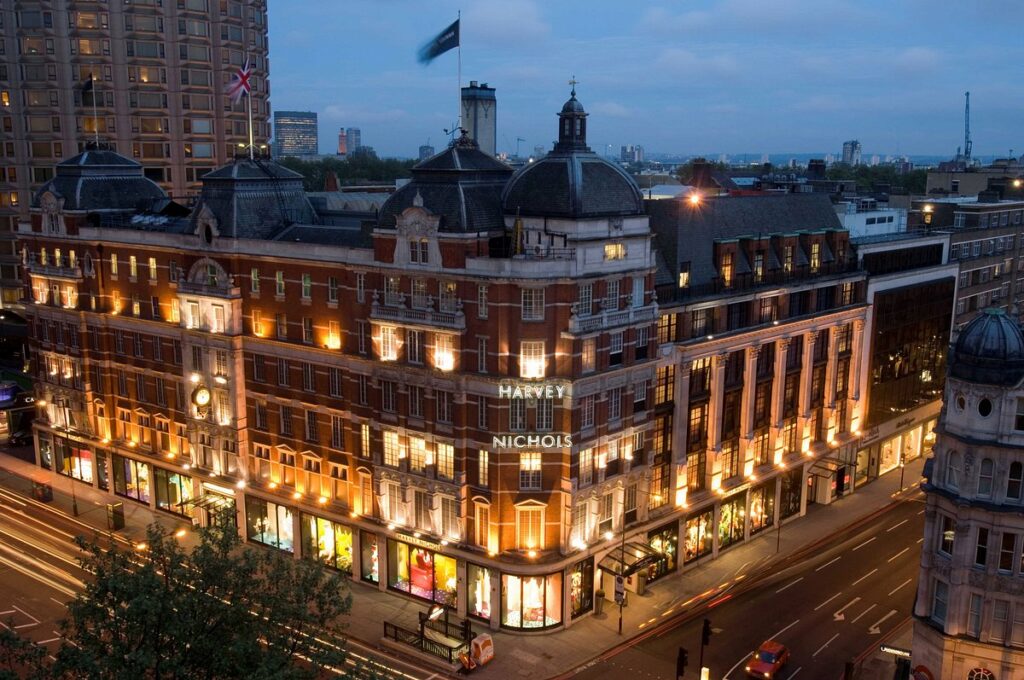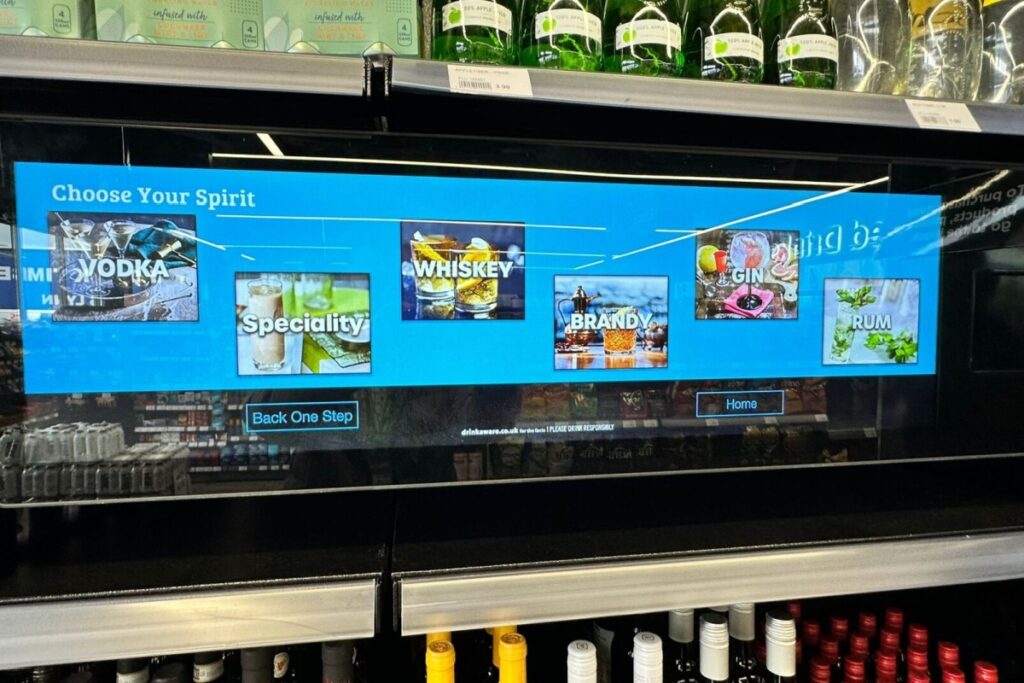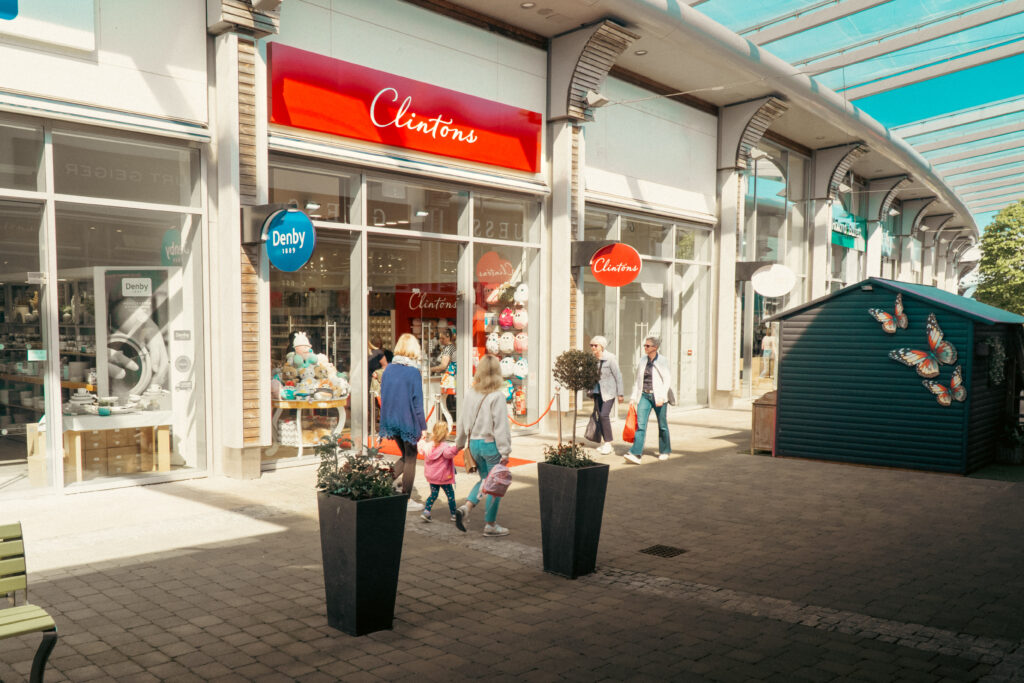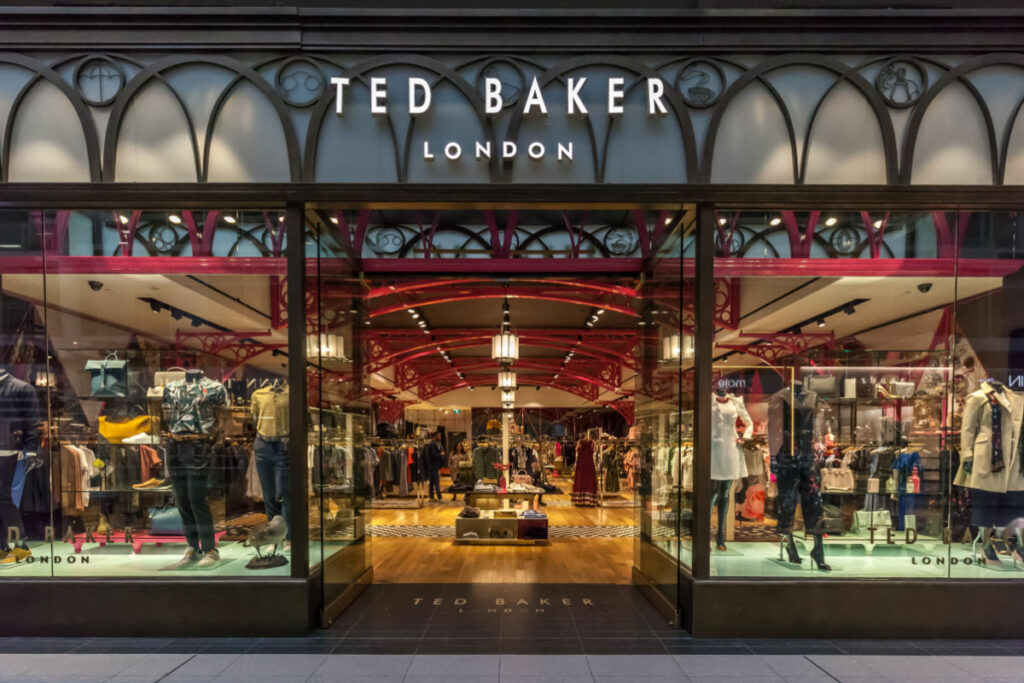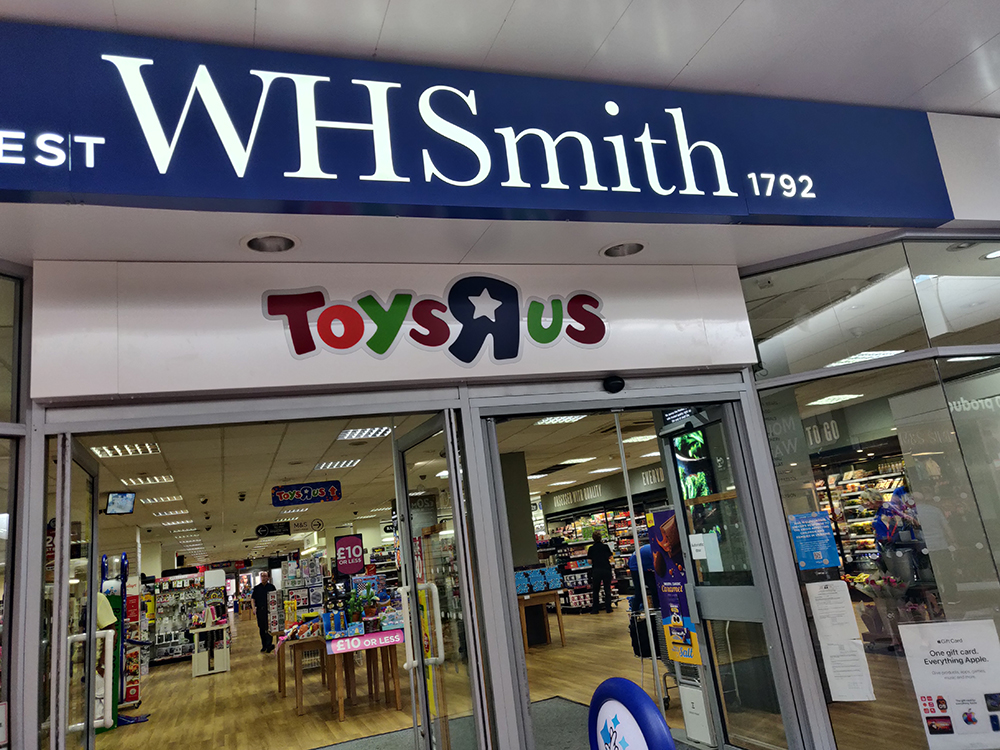On Thursday June 21st 2012, Deputy Prime Minister Nick Clegg announced that UK companies will have to declare their greenhouse gas emissions in the hopes of creating a more sustainable form of business.
Clegg felt that the ruling was necessary as, despite protestations from leading companies that they operate in a ‘green‘ way, there are many who do not have any tangible way of proving this.
Retailers have now started to review policies to make sure they are keeping on top of their carbon footprint.
Last month, high street stalwart Marks and Spencer (M&S) was the first major retailer to be declared carbon neutral due to its ‘Plan A‘ programme, which sees the business now recycle 100 per cent of waste with nothing deposited in landfill sites.
Winning a host of awards, most recently the ‘Responsible Business of the Year 2012‘ at the Business in the Community Awards for Excellence, the retailer is almost unrivalled when it comes to corporate awareness.
Retailers may baulk at the idea of changing a business model in these current times, though it is possible that this could be a shrewd economic move as well as an ethical one.
Daniel Himsworth, Corporate PR Manager at M&S, told Retail Gazette that ‘Plan A‘ has helped to inject money into this strategy due to early successes.
He said: “We‘re very clear on the business case for becoming a more sustainable business.
“In 2007 we set aside £200 million for ‘Plan A‘ (originally a five year plan). “In only its second year, Plan A delivered significant cost benefits to M&S and opened up new revenue streams.
“In year three it returned a net benefit, or profit if you like, and last year (year five) it had a net positive effect to the tune of £105 million.
“That‘s £105 million that M&S would either have had to find from elsewhere or simply would not have had in the first place.
“So the business case is clear, regardless of the economic climate, Plan A is not a cost to the business, quite the opposite and therefore it is the right thing to do for the business, for our customers, for our shareholders and stakeholders. “
Since its launch, ‘Plan A‘ has recruited over five million customers, which demonstrates that a community centric plan helps the public to buy into the sincerity of a retailer‘s convictions.
Helen Drury, Policy Advisor at the British Council for Shopping Centres (BCSC) feels that latest initiatives by retailers in the run up to the Olympic Games have really caught the imagination of local community spirit up and down the country.
She said: “We have seen initiatives launched in the run up to the Games already, especially with the Olympic sponsors and the campaigns they have been doing.
“Proctor & Gamble have done the ‘Great Street Clean‘, trying to get community spirit together and gathering excitement which is really a good engagement tool and is something for the whole of Britain to partake in.
“Anecdotally, supermarkets give out vouchers for sports equipment and we will definitely see more of that in the run up the Games.”
Drury believes the Olympics organisers pride themselves on making it as sustainable an event as possible and create inroads to improve upon that principle year on year.
“Every year they say the Olympics have been the most sustainable year,” she explained.
“Sustainability and sports culture have been core principles of the Olympic Games since 1994 so I think it has an aim to drive sustainability.
“What will remain to be seen is how much of a legacy does that leave after the Games have finished?
“Hopefully that something people will tap into and as it raises awareness then it becomes more important.”
As part of its work, the BCSC encourages government legislation which would force companies to review their ethical standpoint though Drury ac
RELATED STORIES


